The University of Calabar is facing mounting criticism after the withdrawal of accreditation for its dentistry program left over 300 students, some in their final year, uncertain about their academic and professional futures.
The development has sparked outrage on social media, where affected students have shared emotional testimonies of despair and helplessness following seven years of gruelling study—now potentially wasted.
In a widely circulated video, one visibly distraught student, flanked by hundreds of his colleagues, captured the collective mood of disappointment:
*”Seven years ago, the University of Calabar admitted my colleagues into this fine institution with the hope that, after a certain period, they would graduate and practice without any issues. Fast forward to now, they are telling them that after spending seven years here, that may not happen.”*
*”These are my friends. I have studied, laughed, and dreamed with these people. You are now trying to tell me that, after passing exams, countless nights of reading, and sacrificing so much, they should simply walk away?”* he added.
The crisis reportedly stems from over-admission by the university’s Dentistry department, which exceeded its annual quota of 40 students, admitting up to 900 under the current vice-chancellor’s administration. This breach led the Medical and Dental Council of Nigeria (MDCN) to withdraw the programme’s accreditation, effectively invalidating the students’ training for professional licensing.
Following the MDCN’s decision, the university has reportedly directed the affected students to withdraw or transfer to other institutions — a directive many say is neither practical nor fair.
Some students, who spoke on condition of anonymity, said they were recently summoned to a meeting on 7 July described in the invitation letter as addressing “non-regular” admissions. However, the students interpreted it as a prelude to expulsion.
“We have paid fees, done clinicals, passed courses — and now they’re telling us we shouldn’t have been admitted? We are not the ones who approved the admission quota. Why should we bear the consequences of the institution’s mistake?”* lamented one final-year student.
Others claimed that staff members had warned them against speaking to the press about the issue.
“We were told to keep quiet, even among ourselves. But we can no longer remain silent — our families have invested in us, and we deserve answers,”* said another student.
The loss of accreditation also means graduates from the now-unaccredited programme cannot proceed to housemanship or obtain professional licences, effectively nullifying years of academic effort.
Parents and students are now calling on the Federal Government, the National Universities Commission (NUC), and the MDCN to urgently intervene to resolve the crisis and save the students’ careers.
As of press time, the University of Calabar had yet to release an official statement clarifying the specific reasons behind the accreditation withdrawal or outlining steps to remedy the situation.
The debacle has renewed wider concerns over regulatory oversight, institutional accountability, and the management of specialised medical training programmes in Nigeria — with potentially devastating consequences for aspiring professionals and the country’s healthcare system.



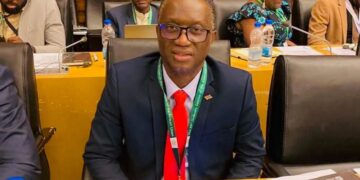


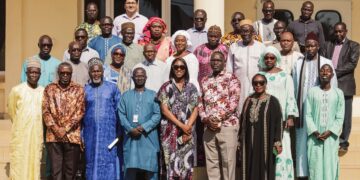























































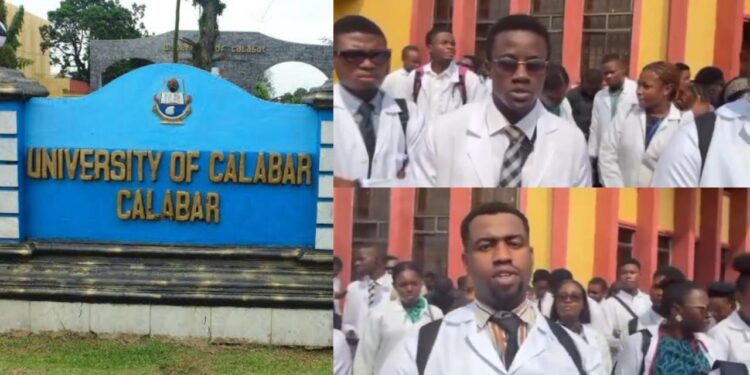






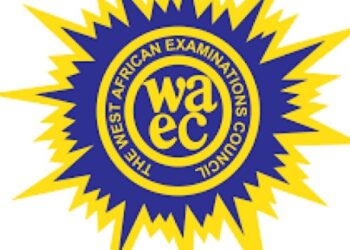
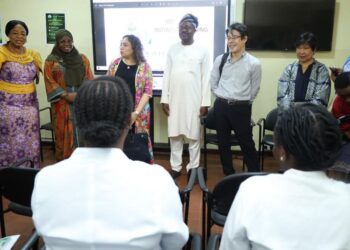
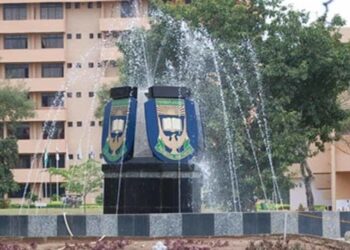











 EduTimes Africa, a product of Education Times Africa, is a magazine publication that aims to lend its support to close the yawning gap in Africa's educational development.
EduTimes Africa, a product of Education Times Africa, is a magazine publication that aims to lend its support to close the yawning gap in Africa's educational development.